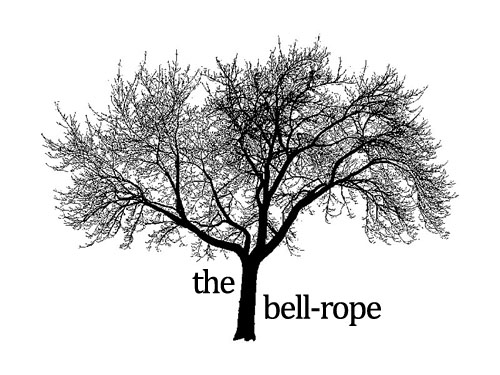Obviously Sellars and Adams have worked together long and fruitfully, and collegiality should count for something; but if, as a composer, I were presented with this libretto, I’d have torn it to shreds.
- Mark Adamo, on Doctor Atomic
What the hell is a librettist? I've written a libretto, and I still have no clue. If Le Nozze di Figaro is by Mozart, with a libretto by da Ponte, what percent of the opera is da Ponte's? 50%? 0%? What about when two people sit down and decide to write an opera together, like Alice Goodman and John Adams have? It would be fascinating (but probably not useful) to look at what percent cut of the profits of performance each of them gets. I would have loved to overhear that conversation. But because we're asking what the hell a librettist is, we also get to ask what the hell an opera composer is. And maybe this is where things get touchy.
We in music aren't priviledged, by-the-by: film has way more problems. Where do you start when you have a director, a screenwriter, an original writer (of the book, play, whatever), actors, editor, cinematographer? Cameraperson? Purely by convention, we attribute authorship to the director. "A film by Francis Ford Coppola." But this has not always been the case, and many people (including lots of screenwriters) feel that the writer should have credit, and this seems to make more sense - or does it? What about something like Paul Thomas Anderson's There Will Be Blood, which to me plays like an opera of images and evocations and (yes) of sound? There are films that only "exist" when they are in film, which is to say that the essence, the message, the good stuff is the stuff that happens on screen, and doesn't exist on paper. What then?
The easy answer (and, if there is a right one, probably the right answer) is that it is a sliding scale: There Will Be Blood is maybe 99% directing, Cast Away is maybe half story half directing, Legally Blonde is 40% story, 10% directing, 50% Reese Witherspoon. That is who those movies "belong to." Our conscience, however, is not satisfied by that answer. Because what the sliding scale neglects, what it doesn't account for, is the idea of accountability - with a compound author there is no way to tell who is responsible for what. A work of art is not like a house, built by a team of carpenters and masons and what have you - art is an utterance, a statement made by somebody. Which is why we ask questions like, "What does this mean?" or "Why is this here, and not there?" There is a reason, an intention behind every gesture.
Which is maybe part of the reason why I think the issue of authorship is more problematic in opera than film. Yes, we say that the director is the author of the film, but more realistically, the film exists on its own - it is lofted upward from the masses that produce it, and it earns a kind of independence. When I say Don Giovanni you think Mozart, but what do you think when I say Citizen Kane? Maybe Orson Welles, but if you do, it's still not with the same duality, the same necessity that binds Mozart to Don Giovanni. More likely you just think of Citizen Kane, the movie, and whatever that might mean for you. This is not the case in music.
How do I see the breakdown of authorship in an opera? 100% composer, 0% librettist. I think this is the only way it can work. A good libretto is one that inspires, evokes, and disappears, in the same way that a tonal language or an old text does. If you are distracted by something as you listen, an untucked edge or an errant word, then something has gone wrong. A libretto may be authored, but when it is taken by a composer it becomes a source, just like genre is a source, just like G# minor is a source. It may sound like I am being harsh to myself and librettists, but I am actually putting the pressure on composers. If you want opera to sit alongside your symphonies and trios and quartets in your oevre, then you must take responsibility for your materials and what you do with them.
I am also of the opinion that Doctor Atomic fails, in large part because the libretto kept drawing my attention away from the opera. It's clunky; you can easily see where the ideas came from, and how they would have looked appealing on the drawing board but fail in practice. The language is too rich poetically to work in a sung medium. Peter Sellars is a clever guy, but not a writer, and - like all clever non-writers who try to write - tries to cram too much in, too much of the "good stuff" he knows is part of good art. The libretto may work as a poem, but what Sellars forgets is that music is already a metaphor - it's already a reading, an interpretation. If you have a metaphor within a metaphor, where is the meaning? It is lost. Thus Doctor Atomic loses itself in abstraction and pretty language, and forgets its footing.

2 comments:
This is a totally serious question, and one I thought up and couldn't answer a few weeks ago: how the hell does ballet work, with respect to what you've been talking about? Or at all?
Wikipedia tells me that "The Nutcracker, Op. 71, is a fairy tale-ballet in two acts, three scenes, by Pyotr Ilyich Tchaikovsky." That seems to settle it. I did not know this, but apparently choreography is almost like a "production" as we understand the term in opera - so there might be one choreography for many years, but there's nothing stopping them from coming up with a new one.
Post a Comment